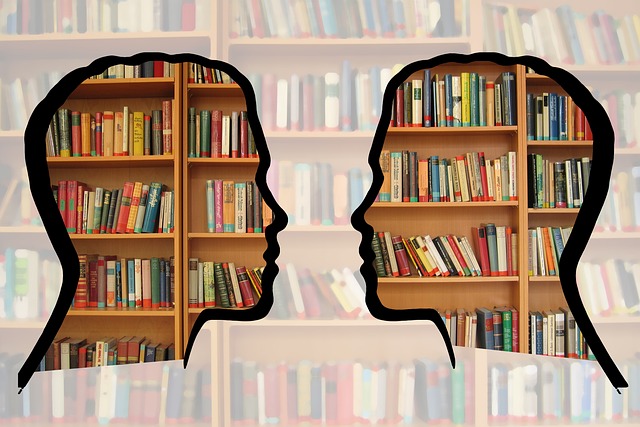The way we share and consume information has dramatically transformed in the digital age, largely due to the influence of social media. Today, platforms such as Facebook, Twitter, Instagram, and TikTok serve as primary channels through which people seek, disseminate, and engage with information. This shift has empowered individuals, allowing them to become not only consumers of information but also creators and distributors.
Social media’s impact on information sharing is multifaceted. It fosters real-time communication and provides an avenue for a diverse range of voices to be heard. This democratization of information means that traditional gatekeepers, such as news organizations, are no longer the sole providers of news and updates. Instead, anyone with internet access can share their perspective, making the landscape richer yet more complex.
However, this influx of information comes with a caveat. The challenge lies in discerning fact from fiction, as misinformation can spread just as quickly as legitimate news. With viral trends, clickbait headlines, and sensational posts, users often face the daunting task of sifting through a deluge of content to find reliable and truthful information. This highlights the necessity for critical thinking skills and media literacy in today’s society.
Moreover, the rise of social media has influenced how information is presented. Visual content, such as infographics and videos, tends to capture more attention than traditional text-based articles. This shift toward multimedia has kindled a demand for more dynamic, engaging content. Brands, educators, and activists alike are now adapting their messaging to fit the platforms, showcasing the power of storytelling in effectively sharing information.
Furthermore, social media has given a platform to marginalized voices and social movements, amplifying how certain issues are communicated. Movements like #BlackLivesMatter and #MeToo gained momentum through Twitter and Instagram, illustrating how social media can act as a catalyst for change by spreading crucial information quickly and widely. This capability not only raises awareness but also mobilizes action, demonstrating that the information shared through social media can have tangible real-world effects.
In essence, social media has transformed the landscape of information sharing, intertwining it with our daily lives. It presents both incredible opportunities for connection and participation, as well as significant challenges in navigating the complexities of fact versus fiction. As users, we must remain vigilant, engage thoughtfully with the content we encounter, and harness the power of social media to cultivate a more informed society.




